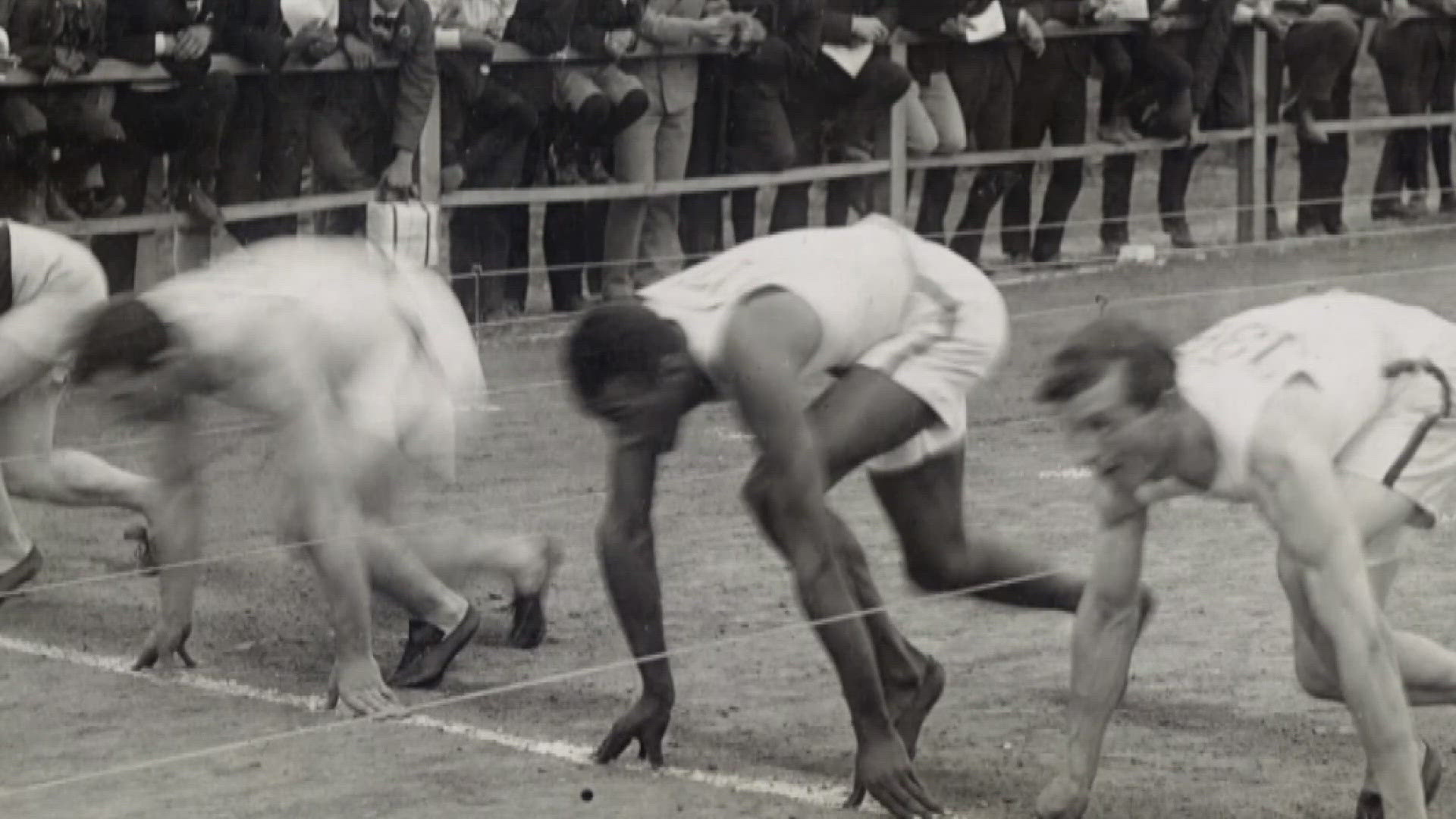ST. LOUIS — The 2024 Paris Olympics has captured the world's attention. But, did you know that 120 years ago, Olympians were competing in St. Louis? Trained athletes weren't the only people competing in the events.
People from around the world with practically no training were forced to compete in the athletic competitions, too, as part of the game's "Anthropology Days."
5 On Your Side dug into this lesser-known part of Olympic Games history.
Our news team took a trip to the Missouri History Museum's exhibit on the 1904 World's Fair and Olympic Games to learn more about how some of the first modern Olympians were competing against their will.
Adam Kloppe, the museum's Olympic historian said, “It’s part of the reason why when people talk about the first Olympic games in the U.S., St. Louis isn’t always mentioned as having the first games. It’s that thorny history.”
It was the first Olympic Games held in America, the first time bronze, silver and gold medals were awarded and the first time an African American won a medal.
We know some of the history was made on Francis Field, but a darker past is rooted in another historic event not far away: the 1904 World's Fair.
Kloppe said, “It was both this wondrous event with Ferris Wheels and new technologies … but it’s also really complex. There’s a complex history of racism and colonialism that’s part of the World’s Fair.”
Thousands of African, Filipino and Indigenous people were put on display in exhibits at the World's Fair and then forced to compete on the world’s stage.
“The guy who organized the games, he also organized something called the Anthropology Days…” he said. “(People who were on display at the World's Fair) were compelled to compete in Western-style events with little training and little instruction, and their results were compared against white athletes. It was used as evidence about racial hierarchy of the day that always had white people at the pinnacle of evolution.”
Kloppe said this was a difficult part of St. Louis's history and the legacy of two of the city's most well-known events.
“It's a thorny history," he said. "It’s so important we engage with that thorny history so we can learn a little bit more about where we came from and how we got to where we are today.”

